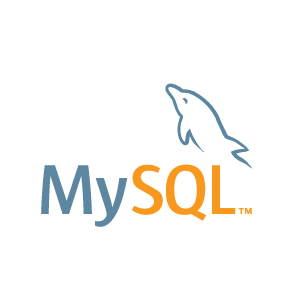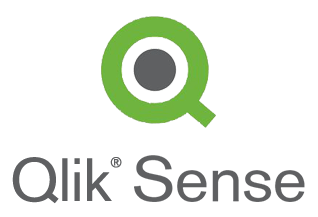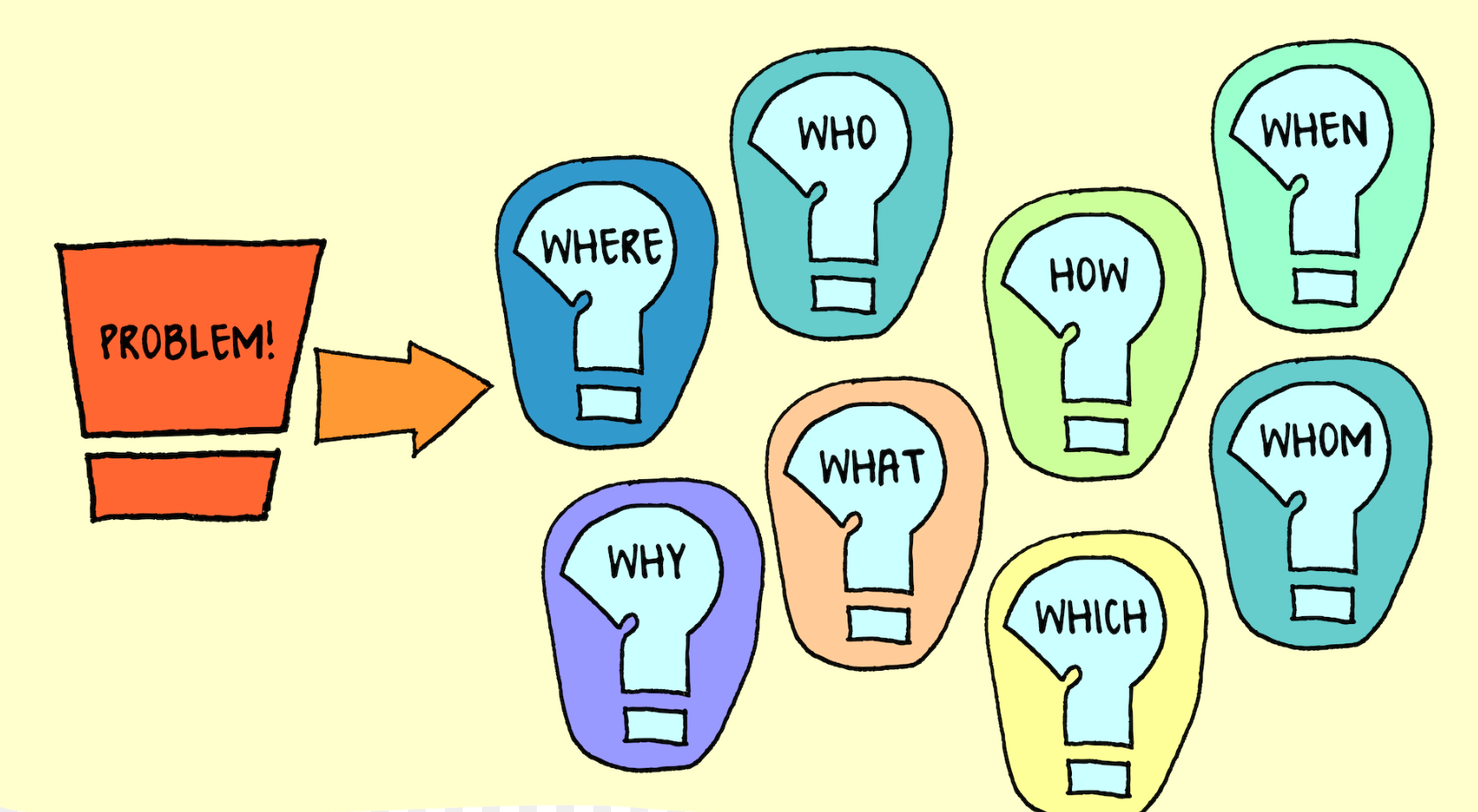Introduction
What’s the most important skill you need to succeed in the analytics domain? I’ve seen this question floating around everywhere – our discussion forum, social media, and even on chat platforms! So is there one such all-consuming skill?
The answer, as you might have guessed already, lies in the combination of several skills. Business analytics is a broad field encompassing a number of skills we need to succeed. There is no one-size-fits-all approach. But here’s the good news – there are a few key skills you can pick up to ensure that you’ll become good business analytics professional.

Long gone are the times when people were valued just for having a degree. The business analytics domain doesn’t work like that! The market pan-industry has shifted from becoming just a degree focused industry to a skill-based industry. Mind you, no one is asking you to not go to colleges or drop out from there! But don’t just rely on a degree if you want to become an analytics professional.
Education lands you a job but skills scale up your prospects for growth. In this article, we are going to explore the most important skills required by a Business Analytics Professional. Keep in mind that this list is not exhaustive – but covers the absolute core skills you should pick up.
In case you are interested in beginning your journey in Business Analytics, check out the following free resources:
- Free Course – Introduction to Business Analytics
- Free Mobile App – Introduction to Business Analytics
Table of Contents
- Difference Between a Business Analyst and a Business Analytics Professional
- Technical Skills in Business Analytics
- Statistics and probability
- Data Retrieval
- Statistical Tools
- Statistical Programming
- Visualization
- Soft Skills for Business Analytics
- Communication
- Structured/Critical Thinking
- Problem Solving
- Curiosity
Difference Between a Business Analyst and a Business Analytics Professional
Often I have seen in the industry how people use the above 2 terms in a similar context. From the top industry leaders and recruiters to the common man, everyone is using the term wrongly. Let’s clarify the difference.
A Business Analyst is more on the managerial side. Their focus is more on analysis and efficient development of activities that make up a business. This includes inter-departmental communication, policymaking, etc.
For example, the business analyst serves as the gap between the client and the sales department and makes sure all communications happen smoothly in a way they want it.
A Business Analytics Professional focuses more on statistics, data, reporting, and recording data. They also aim to improve various functions in a business but the difference is they analyze numbers to do so.
In the following sections, we are going to read about the key skills a Business Analytics Professional should have.
Technical Skills for Business Analytics Roles
Let’s check out the technical and theoretical skills required to become good business analytics professional.
A) Probability and Statistics

Statistics and probability help you understand the numbers, answer some of the relevant hypotheses, and make better predictions. For example-
- Average units sold during sales season?
- How much do the units sold vary on a daily basis?
- Percent of leads are qualified but not ready to purchase?
- The average number of calls required for successful conversion
- Percentage of customer that buy our products with respect to our market
Further, using statistical methods like regression and time series, one can make relevant predictions about the future like- expected sales, the likelihood of achieving the set targets, etc.
B) Data Retrieval
What will you do with all the knowledge and skills if you don’t know how to retrieve the data from a company’s Database Management System(DBMS) on which you will be applying all your analytical skills. This is what Data Retrieval is for. Data Retrieval is the identification and extraction of required data from the database using a command line.
But how do we extract the required data from a plethora of data as per the set objective? This is precisely where SQL comes to play. SQL is a programming language specifically designed to work with large databases, especially relational databases.

There are many Database Management Systems Available in the market like Oracle, MongoDB, SQLite. But the most famous that a large number of renowned organizations and aspiring candidates use is MySQL. It is the highest-rated open-source DBMS that is famous for its maturity and reliability.
You can check out the following course – Structured Query Language (SQL) for Data Science
C) Statistical Tools
Once you have the data, you need to know at least one statistical tool, in which you can import that data and perform analysis. Some of the statistical software include- SPSS, SAS, Sage, Mathematica, etc.
Presently, the most prominent one which anyone can learn from anywhere in Microsoft Excel. MS Excel is a spreadsheet that helps one analyze and plot the data. It also performs a major lot of complex mathematical and statistical functions. All you have to do is write the formula and select the range of data for which you have to calculate the parameter.

In case you are interested, check out this course – Microsoft Excel: From Beginner to Advanced-2.0
D) Statistical Programming Languages
Knowledge in a statistical language is a recent demand in the industry. And the most used languages being Python and R. The reason for this is the volume of data that is generated today, needs tools that can easily manage such volumes of data. There are 2 major benefits that statistical programs provide.

Firstly, they make data transformation very easy and one can easily create new variables using existing ones or perform mathematical transformations based on a variable’s distribution.
Secondly, these languages are rich with libraries that help one make predictive models with ease. For example, a single library- sklearn, in python can help you create the majority of models with ease. Combining these two make a statistical language better for handling large and complex data.
In case you are interested, check out this course – Introduction to Python
E) Visualization
Data is visualized in every industry in the 21st century. It serves as the bridge between what business analytics professionals do and what the client/stakeholder needs to know. With real-time visualization coming into the game, the entire spectrum of visualization has been elevated to another level.
An aspiring candidate needs to know the importance of visualization and a clear understanding of which graph or chart to be used for a particular set of data.
Presently, the most prominent visualization tool in the market includes – PowerBI, Tableau, and Qlik Sense.



You can check out our course on Tableau here.
Soft Skills Required for Business Analytics Roles
There are a number of personalities and qualitative skills that make a technically efficient business analytics candidate complete. The following are some of the prominent soft skills that a business analytics professional should have.
1. Communication Skills
In the era where every activity can be automated, it is the soft skills that are going to help you stand apart and the most important of all is communication. A candidate in this industry must be able to convey his analytics and thoughts in the simplest manner possible without losing out on the complex details.

Furthermore, another important aspect of communication he needs to master is his listening skills. He needs to understand the needs of the departments on the basis of which he will query the data, analyze it, and visualize it.
2. Structured and Critical Thinking
A thinker always brings in a new perspective and angle to the work he does. Critical thinking would not only help him interpret the implications of the data analyzed but will also help him understand what data to be collected in the first place to analyze.
It will also help him decide what kind of analysis to be done and what kind of visuals to be used to communicate the analysis most effectively.
In case you are interested, check out this course –Structured Thinking and Communication for Data Science Professionals
3. Curiosity
Curiosity is the road to critical thinking. Asking the right questions at the right time will only help him improve his understanding and thinking. Moreover, it leads to deep and rational thinking and helps discover more creative solutions for the present problem.
Many organizations consider curiosity as a necessary skill as it leads to fewer errors while taking decisions. Also, it leads to positive thinking and open communication within the team.

4. Problem Solving
Problem-solving in the business analytics industry requires the person to logically apply a combination of thoughts, processes, and actions to effectively and correctly reach the end goal they want.
Moreover, a good problem solver assumes less and researches more to understand what he is dealing with and how to proceed forward. He looks for a possible solution by analyzing- what is happening in the industry, what the potential future looks like, and what can he do to tackle it.

5, Lifetime Learner
The more you learn the more you grow. None of us are born with analytical abilities and many of these skills are learned on the go. Hence, one has to have the willingness to learn constantly and upgrade his skills.

End Notes
To conclude, in this article, we understood the skills required in the business analytics industry. Also, we looked into the history of the business analytics profession and also explained, in brief, the difference between a business analyst and a business analytics professional.
In case you want to pursue a career as a Business Analytics Professional, do check out our program-
Also, you can check out the following article-
What skills do you think is the best for aspiring business analytics? Let us know in the comments below.




Thanks for the information and a clear distinction between Analyst and Analytics, which even the author of the above linked article Business Analytics and Data Scientist is confused about and used the terms as liked.